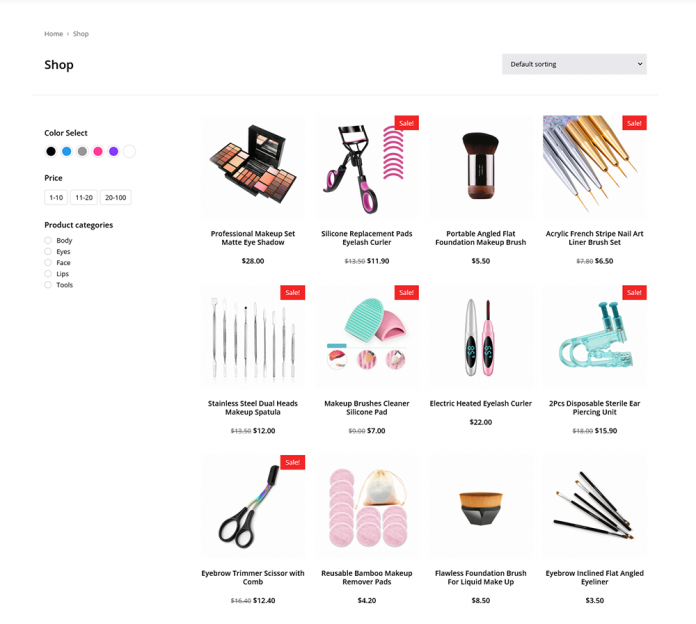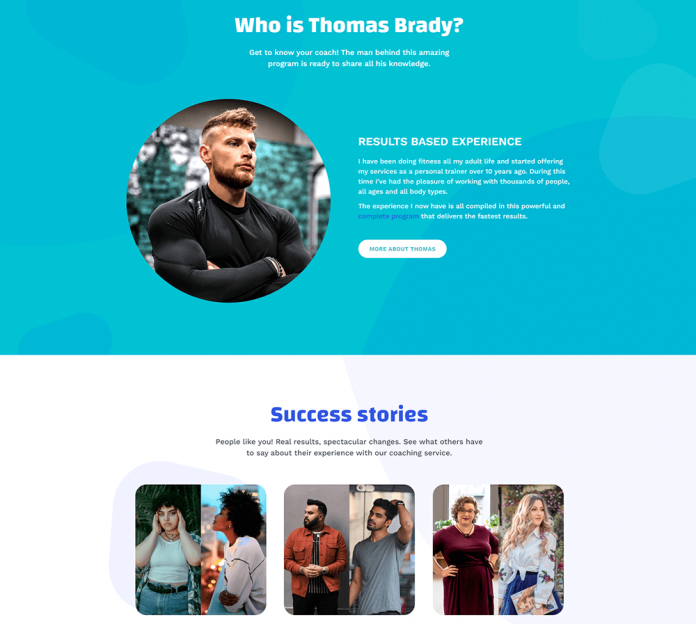It’s important to be involved in things that you enjoy, that make you feel needed, and add meaning to your life. When your life is filled with rewarding activities and a sense of purpose, your addiction will lose its appeal. Once you have resolved your underlying issues, you will, at times, continue to experience stress, loneliness, frustration, anger, shame, anxiety, and hopelessness. Finding ways to address these feelings as they arise is an essential component to your treatment and recovery. Join a 12-step recovery support group, such as Narcotics Anonymous (NA), and attend meetings regularly. Spending time with people who understand exactly what you’re going through can be very healing.
Cognitive-behavioral therapy seeks to help patients recognize, avoid, and cope with the situations in which they’re most likely to use drugs. Making amends with someone may lead to a renewed relationship, and it may not. However, the key is that you are actively working on a better, healthier lifestyle while being accountable for behaviors you made in the past.
Focus on Education or Skills
This is because addiction is a disorder that is known to co-occur with other mental health issues. This includes substances such as heroin and alcohol – both of which require a lengthy withdrawal process and can cause serious harm to the individual if approached incorrectly or without suitable support. This particular group of individuals is often stereotyped to have high levels of addiction to a variety of substances due to lifestyle, social interactions and other factors, but this is not always the case. Individuals seeking treatment often find it challenging to access specialized trauma services integrated into their addiction recovery.
The LGBTQ+ community, Gay Pride, and additional support available
Shame is an especially powerful negative feeling that can both invite addiction in the first place and result from it. It gets in the way of recovery, self-acceptance, and accessing help when needed. For many of those who are addicted, enduring even that action is unimaginable. What must follow is the process of behavior change, through which the brain gradually rewires and renews itself. These efforts show how community collaboration tackles systemic issues that contribute to addiction while providing individuals with tools and support to avoid drug use.
This ownership reinforces a positive view of themselves and builds their resilience. The benefits of trauma recovery in terms of self-perception are significant. Engaging in recovery allows individuals to re-envision their identity and foster a renewed sense of self-worth. Through therapies such as Motivational Enhancement Therapy (MET), clients experience improved self-awareness and motivation, which enhances their confidence in their capacity for change.
Stage 6: Termination
They may also include serious mood swings, often causing the individual to feel abnormally depressed, angry, aggressive, or numb. This will all be due to their individual differences, as well as the specific type of substance, the individual’s addiction history and the regularity and quantity of their consumption habits. Every individual will have different reactions, effects, and repercussions when it comes to substance use, misuse, and abuse. For example, there may be additional social pressures at events run by the LGBTQ+ community due to a combination of the factors above.
Finding Dual Diagnosis Treatment in Long Beach, WA
MAT is particularly beneficial because it addresses the physical aspects of addiction, providing a more holistic treatment plan. For alcohol addiction, medications such as disulfiram and acamprosate may be prescribed to help maintain sobriety. Both types of programs often include individual counseling, group therapy, and life skills training to promote long-term recovery. Detox is a medical process where your body clears the toxic substances. Detox often requires medical supervision to safely manage symptoms and complications. Overcoming withdrawal and completing detox is a significant step towards recovery.
Relapse Triggers
Medication-assisted treatment (MAT) is a comprehensive approach to addiction recovery that combines medications with counseling and behavioral therapies to address substance use disorders. DBT, a form of CBT, focuses on emotional regulation and mindfulness, making it particularly effective for individuals with co-occurring mental health disorders. MI enhances motivation for change by addressing ambivalence and fostering commitment to recovery. The different types of drug addiction include prescription drug addiction, illicit drug addiction, and alcohol addiction.
- Understanding the stages of recovery can help you or your loved one navigate this challenging but rewarding journey.
- The 12-step program for addiction has helped millions of people find recovery from addiction.
- This section covers typical stages, timelines, challenges, and ways loved ones can help.
- This plan may include ongoing therapy, support group participation, and regular check-ins with healthcare professionals.
- We pride ourselves on carefully selecting men and women who are not only thoroughly informed and knowledgeable about addiction, but also those who have personally experienced the trials and blessings of recovery themselves.
According to a study by Jordi Camí titled Drug Addiction, published in the New England Journal of Medicine (2003), these neurological changes make relapse prevention a central focus of treatment. The important thing to remember is that relapse doesn’t mean drug treatment failure. Call your sponsor, talk to your therapist, go to a meeting, or schedule an appointment with your doctor. When you’re sober again and out of danger, look at what triggered the relapse, what went wrong, and what you could have done differently. You can choose to get back on the path to recovery and use the experience to strengthen your commitment.
You’ve completed the initial stage of treatment, but your mind and body are still recovering. You can also join a local free fitness group, like a run club, or sign up for a yoga class. This new focus on your health will allow your body to continue healing and provide you with a new hobby. And as a bonus, you may also find a new, healthy social group to support your recovery. Similarly, you may need to avoid certain social situations—like going to bars or old hangout spots—where drug or alcohol use once occurred. Avoiding temptations will improve your chances of preventing relapse as well.
- Therefore, you don’t have to use a psychoactive substance to get away from the negative things that happen in life.
- Experiencing feelings of fear, worry and anger are understandable and normal for someone on the sidelines trying to support a loved one.
- Regardless of the drug you experienced problems with, it’s important to stay away from prescription drugs with the potential for abuse or use only when necessary and with extreme caution.
- Being in recovery is when those positive changes and values become part of a voluntarily adopted lifestyle.
Lifestyle Adjustments
- Setting goals and working toward accomplishing them can provide you with motivation and positive reinforcement in your new drug-free life.
- DBT, a form of CBT, focuses on emotional regulation and mindfulness, making it particularly effective for individuals with co-occurring mental health disorders.
- Rehab 4 Addiction strongly believes in non-discrimination and supports all individuals struggling with addiction, no matter how big or small these issues may appear to the individual and those around them.
- Prescription drug addiction is a chronic disorder involving the compulsive misuse of medications prescribed for legitimate medical purposes, often resulting in dependence and severe health risks.
- Recognizing addiction’s impact on various life aspects, the best programs integrate diverse rehabilitative services.
- At the same time, nicotine’s addictive properties stem from its ability to quickly bind to brain receptors, triggering intense withdrawal symptoms like anxiety and irritability.
For all these reasons, learning methods to better cope with stress is an essential part of recovery. Science indicates that triggers such as people, places, things, moods, and drug exposure play significant roles. Recognizing addiction’s multifaceted nature is crucial, understanding physiological, psychological, and social components. Stopping drug use is just one part of a long and complex recovery process. When people enter treatment, addiction has often caused serious consequences in their lives, possibly disrupting their health and how they function in their family lives, at work, and in the community. For people with addictions to drugs like stimulants or cannabis, no medications are currently available to assist in treatment, so treatment consists of behavioral therapies.
In this way, therapeutic interventions not only focus on sobriety but also facilitate a more comprehensive healing process. These treatments clear toxic substances from the body and help manage the mental aspect of addiction. If you or a loved one is ready to take action and start the drug and alcohol recovery process, you’ve already started the stages of change and may be looking for treatment options. Treatment varies depending on the type of substance, the presence of co-occurring mental disorders and other personal factors. It’s important to explore your options and choose treatment that addresses your individual needs. Taking action is a very important step in the substance abuse recovery process, and it is one in which it’s important to have support as you make changes.
Until the individual recognizes a need to change, they will remain in the precontemplation stage. In some cases, a severe incident, such as an overdose or drug-related death of a friend, can prompt a person to progress from this stage. This model explains the stages a person goes through when making significant changes to their behaviors. It includes the fluid and non-linear nature of traversing these stages and the importance of personal willingness and motivation to change. Each person’s timeline for recovery varies based on their unique needs, substance use history, and life circumstances.
Mental health disorders such as anxiety, depression, and PTSD often co-occur with drug addiction, complicating treatment. This phenomenon, known as dual diagnosis, describes the presence of both a mental health condition and a substance use disorder, which are interlinked, creating challenges in diagnosis and recovery. Substance use can intensify the effects of trauma, contributing to a feedback loop that entrenches individuals in both issues. Many experience symptoms like anxiety and depression, A Guide To Sober House Rules: What You Need To Know often leading them to substance use for relief. For instance, up to 75% of individuals in addiction treatment report a history of trauma, indicating that addressing these interconnections is vital for effective recovery.
Jennie Stanford, https://thecinnamonhollow.com/a-guide-to-sober-house-rules-what-you-need-to-know/ MD, FAAFP, DipABOM is a dual board-certified physician in both family medicine and obesity medicine. She has a wide range of clinical experiences, ranging from years of traditional clinic practice to hospitalist care to performing peer quality review to ensure optimal patient care. Research has demonstrated that MOUD is effective in helping people recover from their OUD.567 It is important to find what works best each individual.






